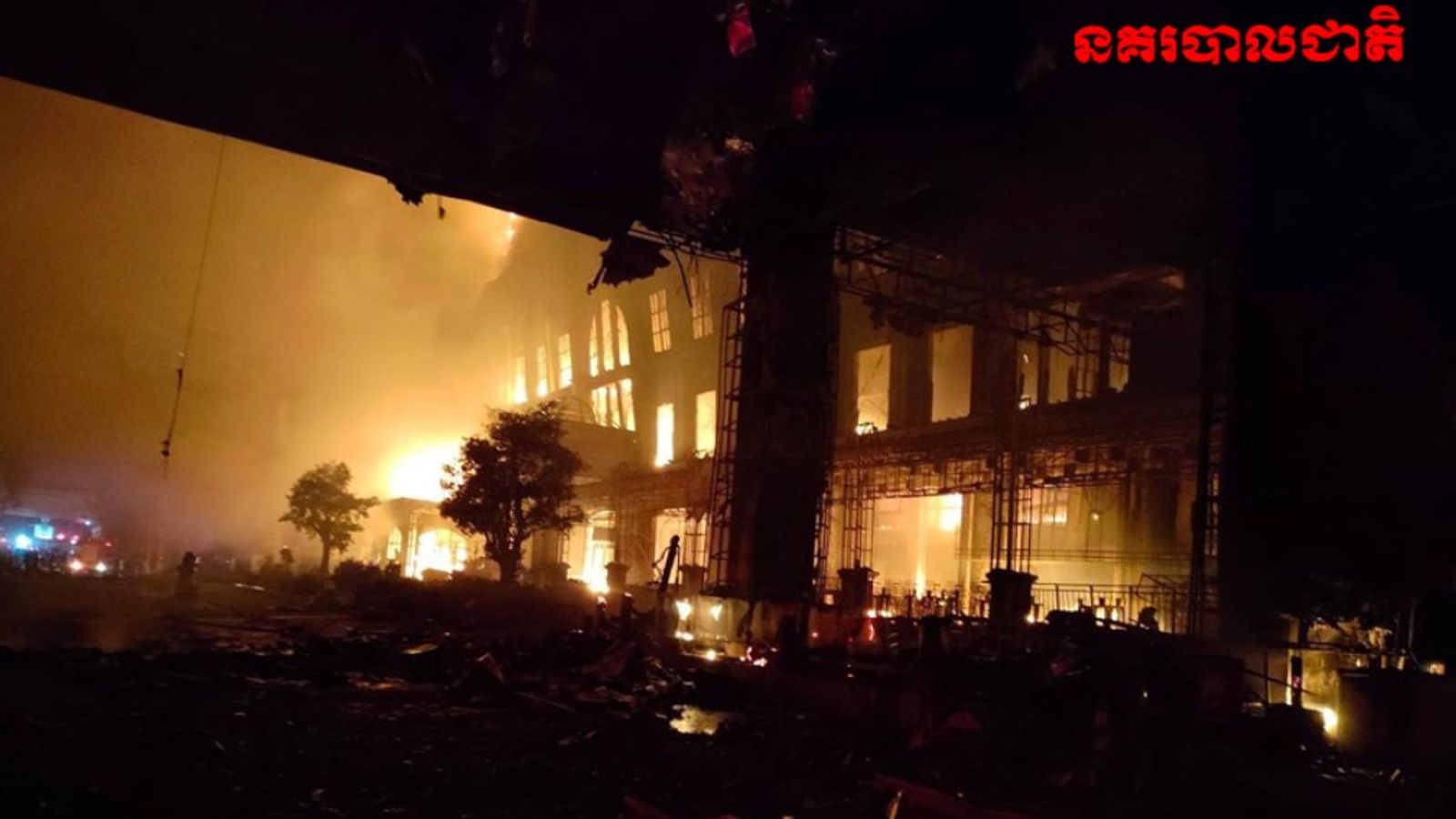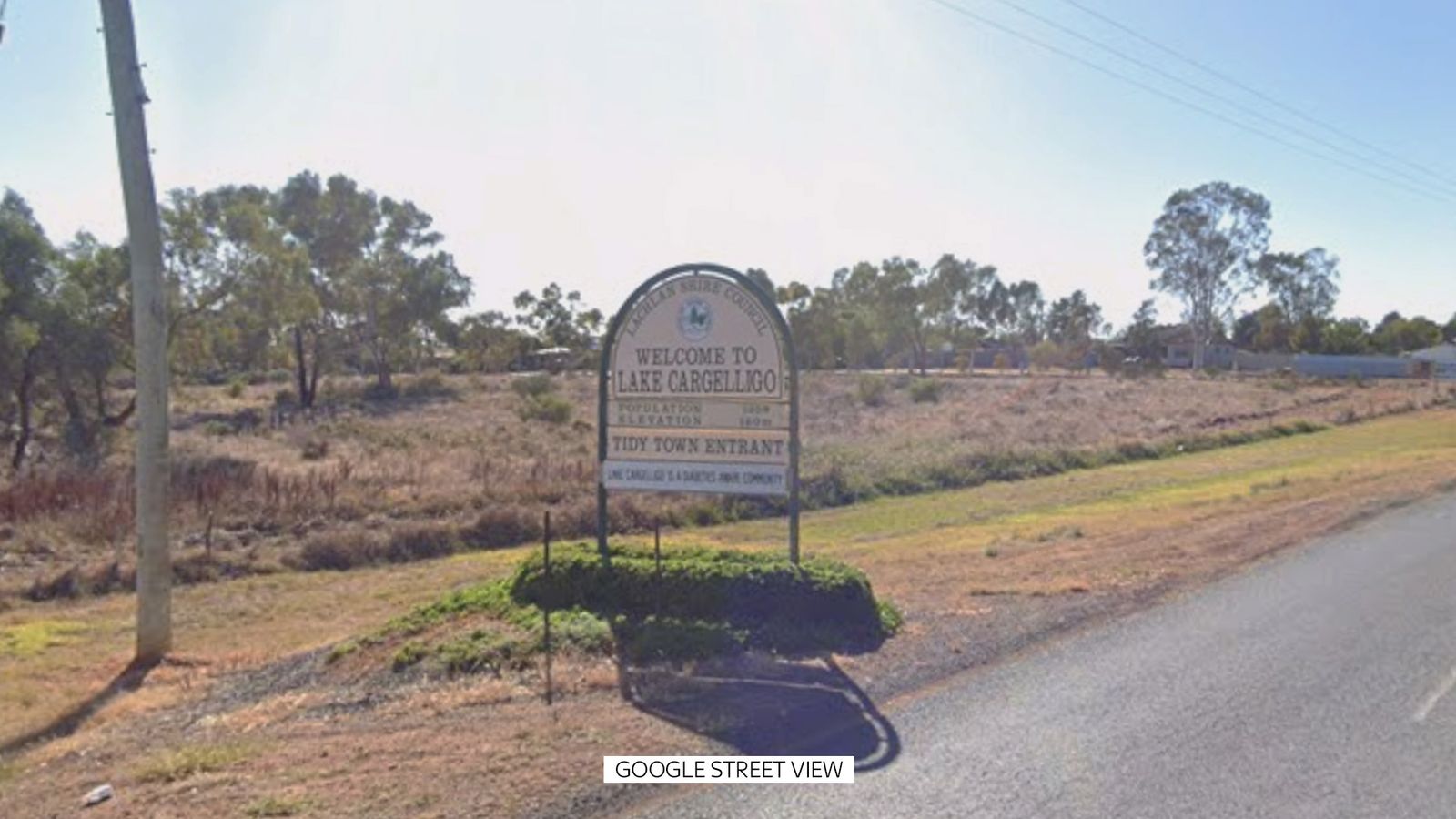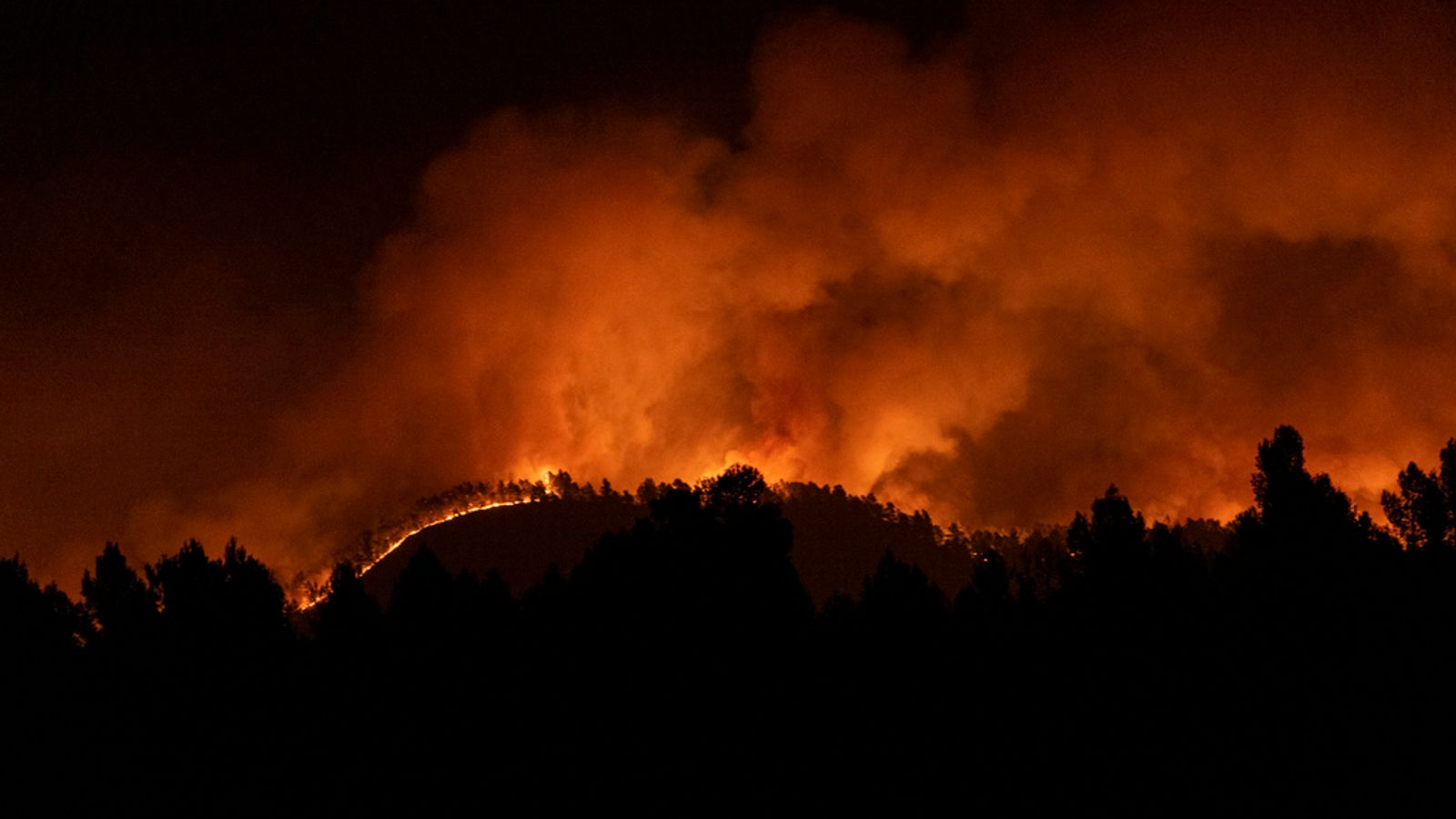Dozens of Iranian-linked websites have been seized by the US Justice Department.
Many of the 36 websites are violent organisations or associated with spreading disinformation, the department said.
They were all taken offline for violating US sanctions, although several were back online within hours with new domain addresses.
The DOJ said 33 of the websites were used by the Iranian Islamic Radio and Television Union (IRTVU) and the other three websites were operated by Kata’ib Hizballah (KH).
The IRTVU was named by US authorities in October as a source of disinformation ahead of the 2020 presidential election.
Among those affected were Press TV, the Iranian government’s main English-language satellite television channel, and Al Alam, its Arabic-language equivalent.
Press TV news presenter Marzieh Hashemi told The Associated Press that the channel was struggling to “figure out the reasons” for the seizure.
The channel looks mainly at international affairs, but criticism of US and UK foreign policy is common and the Anti-Defamation League has called the channel “one of the world’s leading dispensers of conspiratorial antisemitism in English”.
Kata’ib Hizballah, also written as Kataib Hezbollah, is an Iraqi militia group with links to Iran.
The US designated it as a foreign terrorist organisation more than a decade ago.
Despite sanctions, IRTVU and KH failed to get the required licences from the US government before using the domain names, the Justice Department said.
Relations between the US and Iran have been tense for years and worsened after Donald Trump pulled the US out of the Tehran 2015 nuclear deal while he was president.
In response, Iran gradually abandoned every previous limit on uranium enrichment, and is currently enriching uranium to 60% – its highest level ever, although it is still short of weapons-grade.
Just days ago Ebrahim Raisi, Iran’s former judiciary chief, was elected president.
Known for being anti-West, he has ruled out meeting US President Joe Biden for talks on Iran’s ballistic missile programme and support for regional militias, such as Lebanon’s Hezbollah and Yemen’s Houthi rebels.




